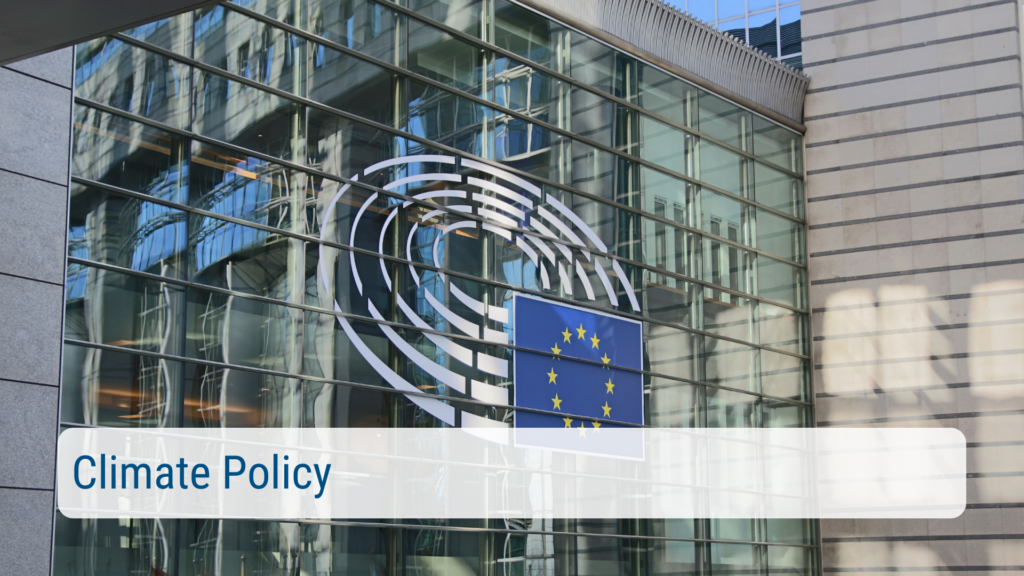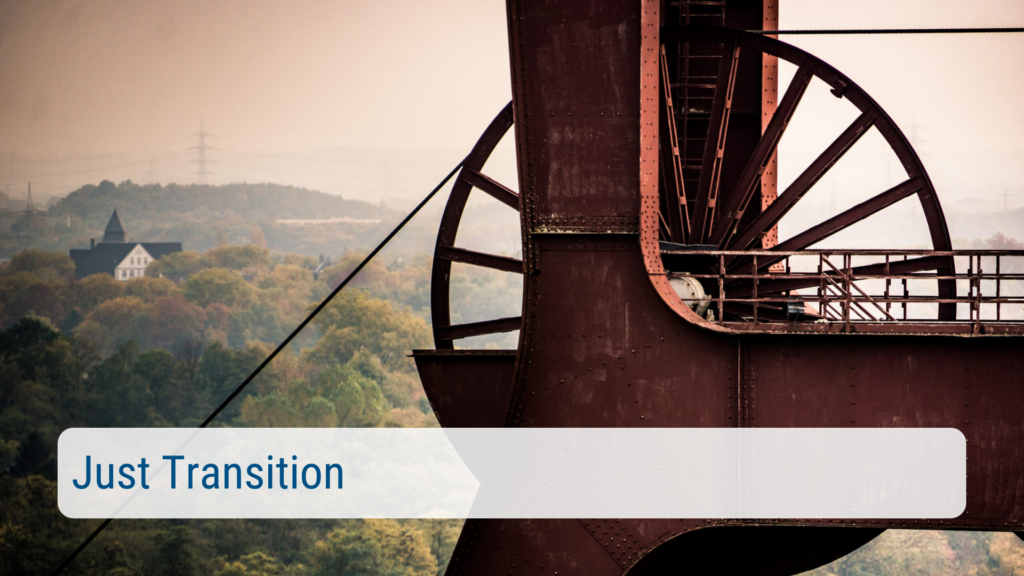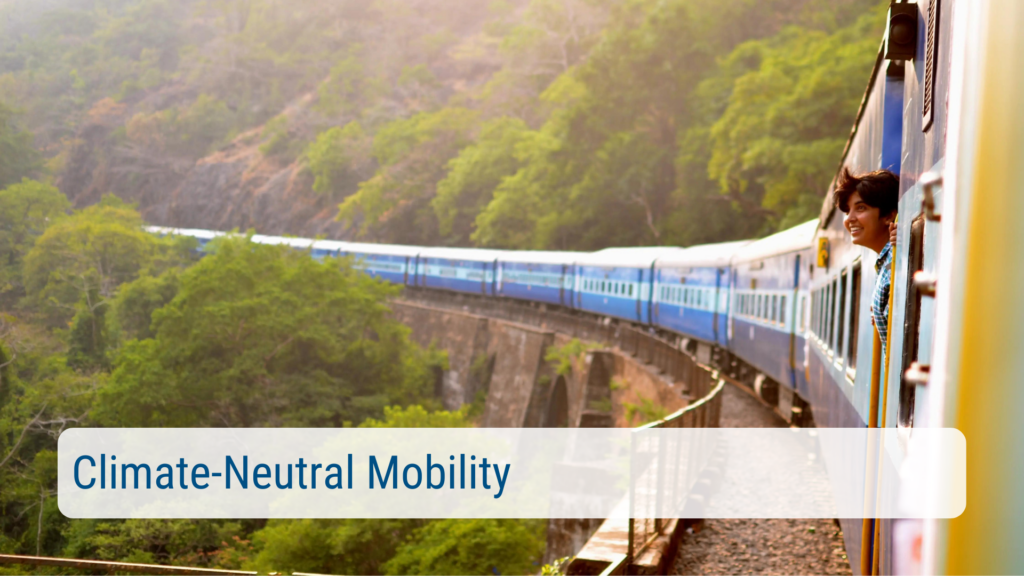Carbon Removals and Sinks
The EUKI supports projects under the theme of Carbon Removals and Sinks promoting activities such as protecting existing CO₂ storage and extracting additional CO₂ from the atmosphere.
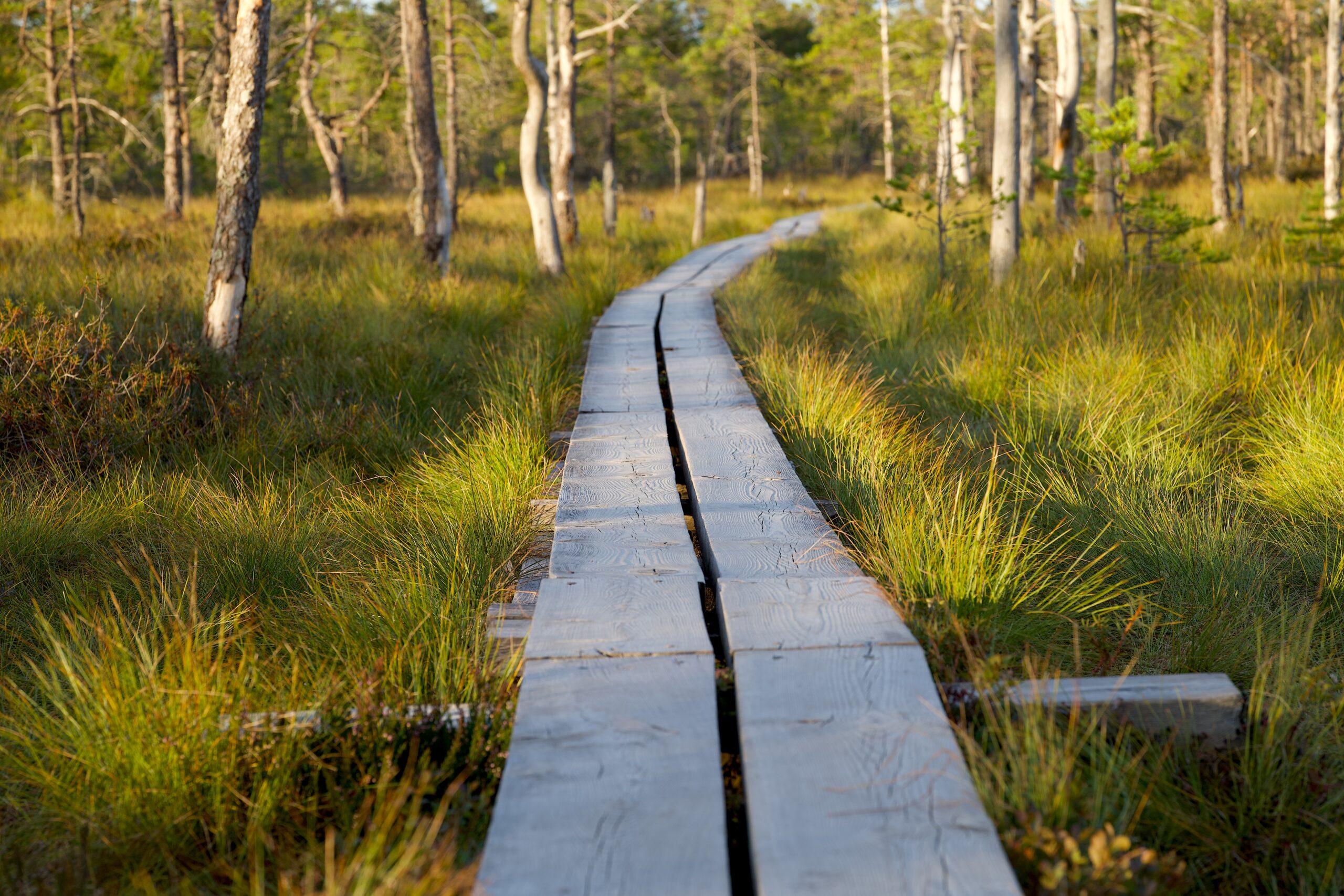
When it comes to climate action, avoiding and reducing CO₂ emissions has to be prioritized. Removing CO₂ from the atmosphere (CDR, Carbon Dioxide Removal), however, is becoming more and more important to mitigate climate change and achieve greenhouse gas neutrality in the EU by 2050. Initially, CDR is particularly needed to compensate for unavoidable residual emissions. In the long term, it will also become an essential component of the targeted negative emissions balance that Germany is aiming for from 2050 onwards. Usually, CDR differentiation involves natural CO₂ removal, achieved by protecting and expanding ecological sinks such as forests and peatlands, and technical/permanent CO₂ removal, for example, through subsequent storage in geological formations (with Carbon Capture and Storage, CCS), in biochar or through the accelerated weathering of rock. An example highlighting the impact of carbon sinks: According to the Intergovernmental Panel on Climate Change (IPCC), 26-44 percent of the estimated globally stored organic carbon in soils is bound in peatlands, although only three to four percent of the Earth’s land surface is covered by peatlands.
EUKI projects strengthening Carbon Removals and Sinks in Europe
As part of the European Green Deal, in November 2022, the EU, in the course of the revision of the Regulation on Land Use, Land Use Change, and Forestry (LULUCF), agreed to the EU minimum target of 310 million tons of CO₂ equivalent common sink capacity by 2030). To achieve the LULUCF goals and reach the goal of climate neutrality by 2050, the European Commission proposes a voluntary framework for the certification of CO₂ removal and storage in the EU. This framework establishes criteria for removal activities, such as storage duration, sustainability standards, and monitoring. In addition, the German Federal Ministry for Economic Affairs and Climate Action (BMWK) is currently developing a Long-Term Negative Emissions (LNe) strategy that will form the framework for CO₂ removal measures in Germany.

